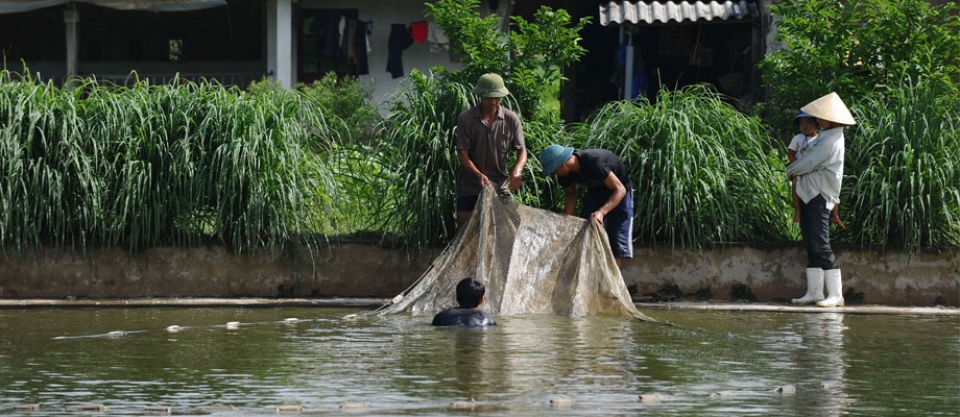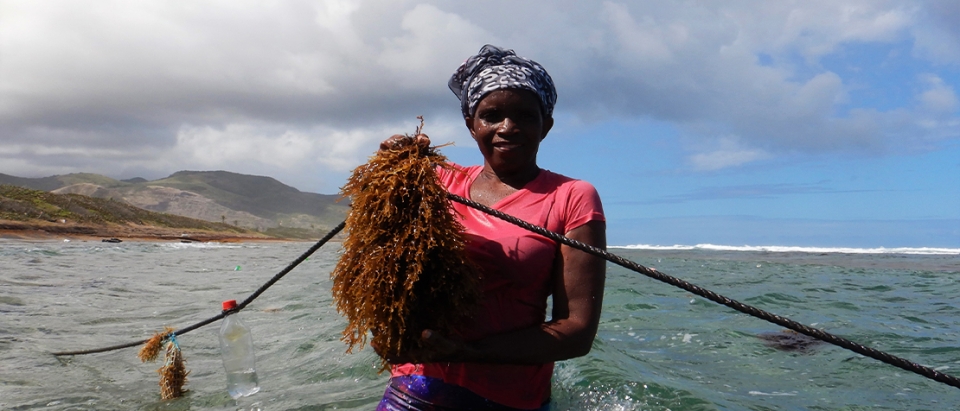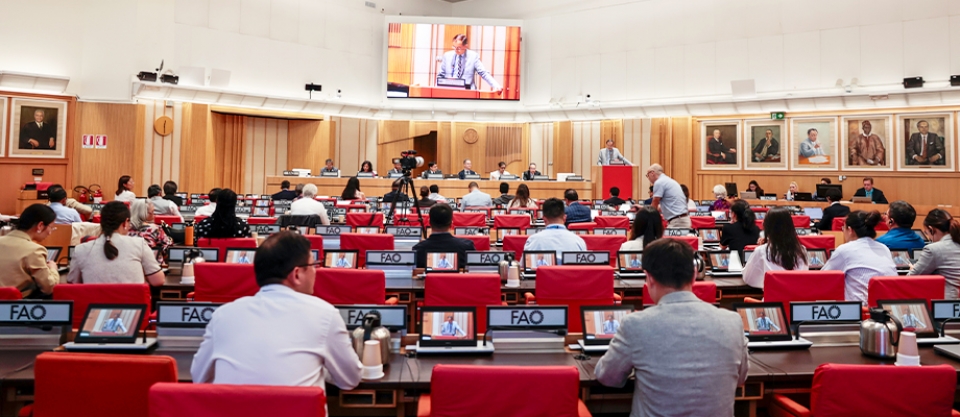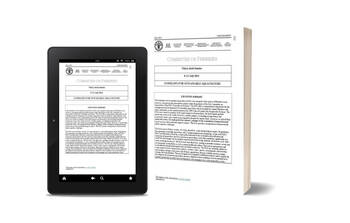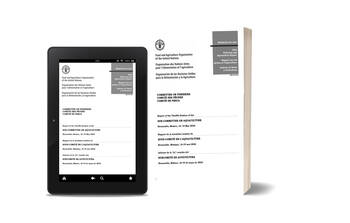Sustainable aquaculture has the potential to provide enough healthy, nutrient-rich food for a world population expected to exceed nine billion by 2050. The Guidelines for Sustainable Aquaculture (GSA) are here to help: they are the first international instrument dedicated entirely to this vital sector.
The GSA were drafted by consensus through a global consultative process spanning eight years. They are a tool to guide policy processes, decision-making and action at all levels: local, national, regional and global.
The GSA are a set of shared and agreed principles and practices that all countries and stakeholders can use to make their aquaculture sectors synonymous with food security and nutrition, equitable livelihoods, restored ecosystems, and climate resilience.

